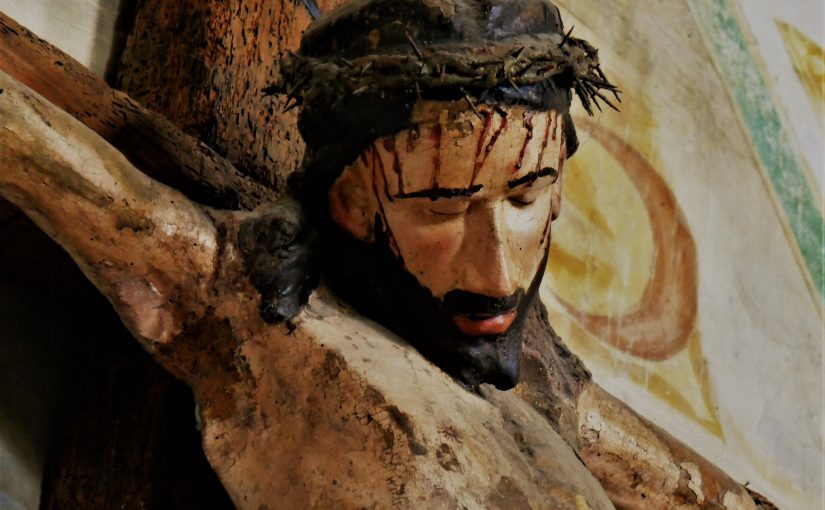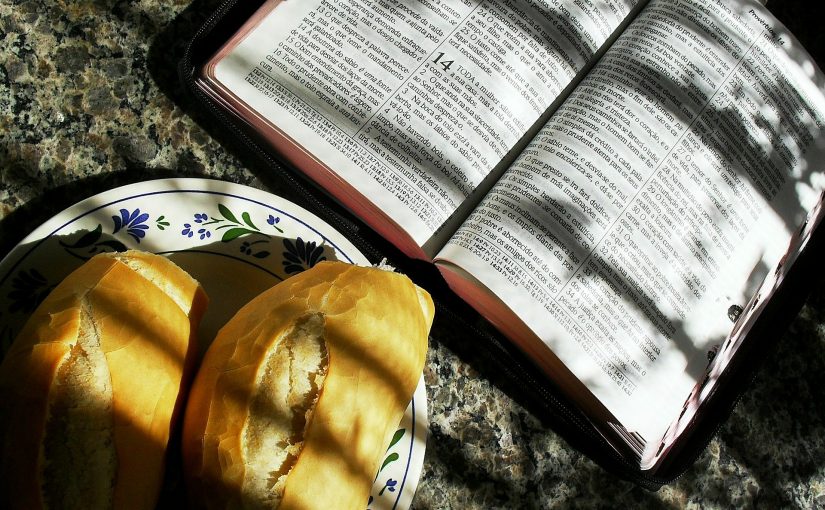
Category: God
-

Teaching kids to use their talents for good
Read More: Teaching kids to use their talents for goodWhen I was in elementary and middle school, I was small. I couldn’t keep up with the stronger kids in the popular sports like football and basketball. I was pushed around and bullied by the bigger kids. Then I discovered a unique talent – juggling. While in fifth grade, my friend Tim taught me how…
-

Did God the Father Abandon Jesus on the Cross?
Read More: Did God the Father Abandon Jesus on the Cross?“My God, my God, why have you forsaken me?” guest post by Russell Joyner Why would Jesus say something that sounds so discouraging? In Jewish tradition, in a moment of great distress, one should pray. When all looks hopeless, pray. When you can’t think of what to pray, then recite one of the pre-approved inspired…
-

A Taste of Heaven
Read More: A Taste of HeavenA few miles north of Waco, Texas, just off of Interstate 35, sits a Shell gas station and convenience store that looks like any other gas station except for one thing: the line for the convenience store bakery is almost always fifty people deep. That’s because the bakery, called the Czech Stop, specializes in a…
Search
Popular Posts
-
“Holy Fools”: Exploring the Journey of Calling for Christian Variety Performers
I am happy to announce that my PhD dissertation has been published to ProQuest, an academic database for published research. I have made the dissertation open source, which means anyone anywhere can access the full content free of charge. Here is the full dissertation: https://www.proquest.com/dissertations-theses/holy-fools-exploring-journey-calling-christian/docview/2622316783/se-2 Please share far and wide. I am very much excited…
-
The Easiest Large Group Game Ever
This is probably the easiest large group game ever invented. If you can think of an easier one, please let me know in the comments. Heads or Tails! This game of heads or tails involves EVERYONE in your large group. It is actually better the larger the group gets. There is an elimination factor to…
-
Book Release! Incredibly Bad Dad Jokes
I have been writing down my original Dad jokes for several years now, but recently they dramatically increased. While the past five months of my life have been the toughest for me as a Dad (with Annie’s medical crisis), the Dad jokes actually came out in full force during this season. You see, in my…
-
A Children’s Ministry Poem
From the mouths of children come questions galore about heaven and angels and Satan and more. They speak what their hearts say without holding back, so the wonder of God is something they never lack. Oh God, who are you? Who inspires the minds of little ones many, so that they may find this Jesus…
-
Joyner Family Christmas 2024 Update
Merry Christmas from the Joyners! Here’s a little bit of our life this past year. We hope and pray the Lord’s peace and blessing over you this Advent season. D – Our little guy is now 5 years old! This year he played Tee Ball in the Spring and started soccer this past Fall when…


